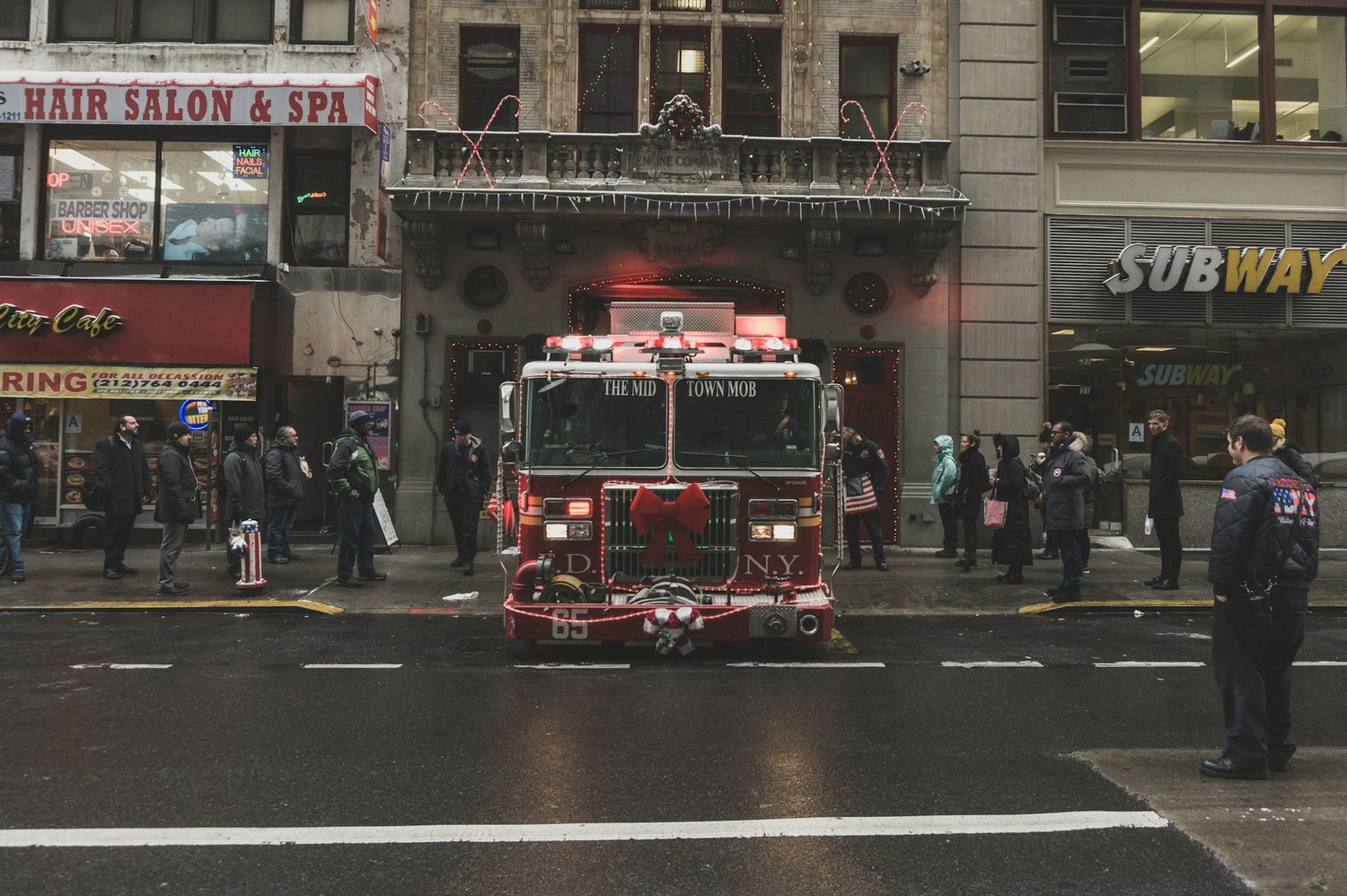We all know how crucial it is to be prepared for emergencies, whether it's a power outage, a natural disaster, or any unforeseen situation. But stocking up on emergency supplies can be costly if you're not careful. That's why we're here to help you with some budget-friendly tips to ensure you're ready for anything without breaking the bank.
1. Make a List and Stick to It.
Before you start shopping for emergency supplies, make a list of what you need. Include essentials like non-perishable food, water, first aid supplies, flashlights, batteries, and any specific items you might need for your family or pets. Once you have your list, stick to it to avoid overspending on things you don't really need.
2. Look for Sales and Discounts.
Keep an eye out for sales, discounts, and coupons when buying emergency supplies. Many stores offer discounts on items like canned goods, batteries, and camping gear, especially during certain times of the year. Stock up on these items when they're on sale to save money in the long run.
3. Buy in Bulk.
Buying in bulk is a great way to save money on emergency supplies. Look for bulk packages of items like rice, beans, and other non-perishable foods that have a long shelf life. Not only will buying in bulk save you money, but it will also ensure you have enough supplies to last you through any emergency.
4. DIY Emergency Kits.
Instead of buying pre-packaged emergency kits, consider making your own DIY kits. You can customize these kits to fit your specific needs and budget. Use items you already have at home, like old backpacks or containers, to store your emergency supplies. This way, you can save money while being prepared.
5. Rotate Your Supplies.
To prevent waste and ensure your emergency supplies are always fresh, make sure to rotate your stock regularly. Use older items in your everyday meals and replace them with new ones. This way, you won't have to throw away expired supplies and can save money by using what you already have.
6. Utilize Dollar Stores.
Don't underestimate the power of dollar stores when it comes to stocking up on emergency supplies. You can find a variety of affordable items like canned goods, first aid supplies, batteries, and more at these stores. Just make sure to check the quality and expiration dates of the products before purchasing.
7. Share with Neighbors or Friends.
Consider teaming up with your neighbors or friends to bulk-buy emergency supplies together. This way, you can split the cost of items like bulk food packages, water containers, and other essentials. Sharing resources can help everyone save money while ensuring everyone is prepared for emergencies.
Stay Prepared Without Breaking the Bank.
Being prepared for emergencies doesn't have to cost a fortune. By following these budget-friendly tips, you can stock up on essential supplies without emptying your wallet. Remember, it's better to be over-prepared than under-prepared when it comes to emergencies.
For more in-depth information on emergency preparedness and budget-friendly tips, check out the book "Emergency Preparedness on a Budget" here
Stay safe, stay prepared, and take care!
Note: This blog post provides general tips and suggestions for stocking up on emergency supplies in a budget-friendly manner. It is essential to tailor your emergency preparedness plan to your specific needs and circumstances. Consider factors such as your location, the types of emergencies common in your area, the number of people in your household, and any unique requirements you may have.
Remember, preparedness is key to staying safe and secure during unexpected events. By taking the time to organize your emergency supplies thoughtfully and economically, you can ensure that you and your loved ones are ready for whatever comes your way.
For more comprehensive guidance on emergency preparedness and budget-friendly tips, delve into the book "Emergency Preparedness on a Budget" available here . This resource can provide you with detailed strategies, checklists, and insights to further enhance your emergency preparedness efforts without straining your finances.
Stay proactive, stay informed, and stay safe!
This blog post is for informational purposes only and does not constitute professional advice. Please consult with emergency management professionals or relevant authorities for personalized guidance on emergency preparedness



Comments ()